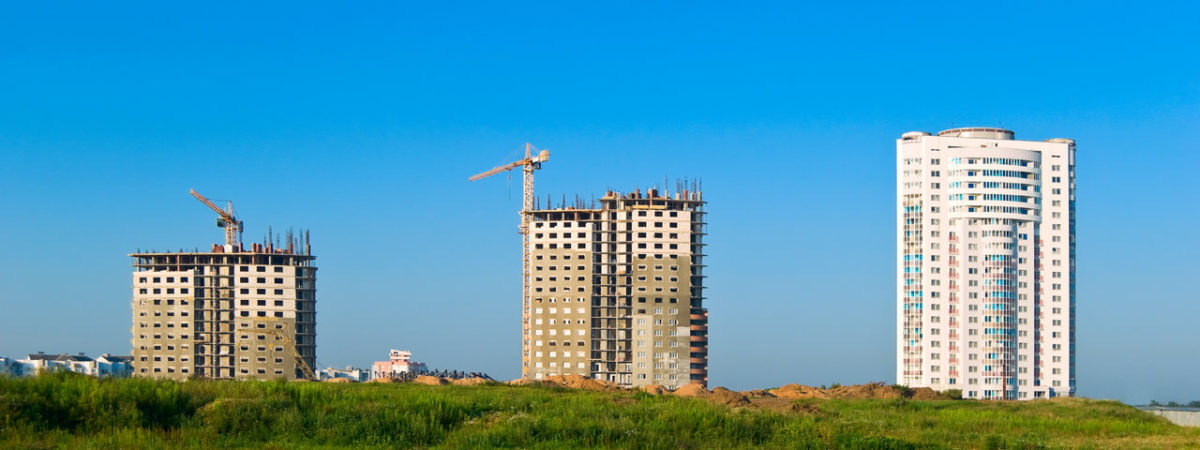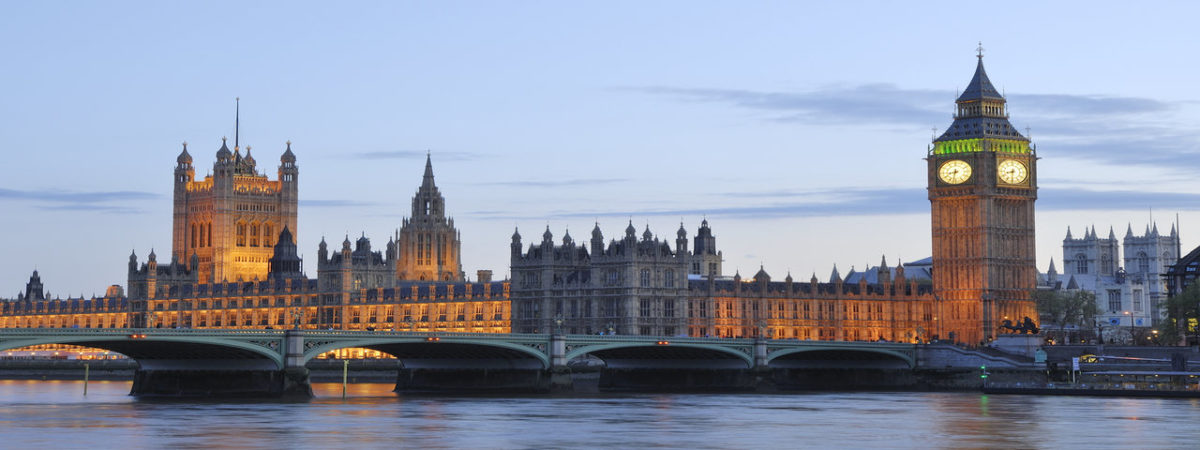Universal free school meals are just another vote-buying gimmick
SUGGESTED



At the 2013 Liberal Democrat Conference Nick Clegg announced a £600 million scheme to provide free meals for all children in this age group following claims that a cooked meal can have significant health and educational benefits for children in the first few years of school.
This was, by the way, a classic piece of ‘log-rolling’: Mr Clegg wanted to announce his own new programme in exchange for supporting other aspects of government policy. But the announcement was rushed, to meet a political deadline. The Lib Dems had not foreseen (though they should have, if they had taken the time to consider the scheme properly) that many primary schools did not have sufficient kitchen and eating spaces – in some cases, no kitchens at all. The back-of-the envelope costing of £600 million (seemingly a simple gross-up of the average cost of existing school lunches) didn’t cover the cost of necessary capital investment. At first another £150 million was allocated, coming out of school maintenance budgets. This was not enough, so in the December Autumn statement £1 billion had to be allocated for a policy which nobody had called for – and has not been fully taken up.
Free school meals have been available for many years for disadvantaged children. This big extra spend on the whole age group cannot be justified on redistributive grounds. In financial terms, it mainly benefits middle class parents.
Apparently the Department for Education is considering cutting back on this provision as part of its planned spending cuts. But this is opposed by more than 40 ‘leading consultants, dentists and health officials’ who have written to The Sunday Times. They are supported by celebrities such as Jamie Oliver and Raymond Blanc. The grounds are that this provision is seen as crucial to an anti-obesity strategy. Otherwise, it is claimed, children would be eating packed lunches containing too much sugar and fat.
There is little evidence to support this view. Prior to the Lib Dem freebie offer, many parents already paid for their small children to have school lunches, so the subsidy to them is simply a deadweight cost with no conceivable health benefit. And many children continue to take packed lunches anyway, despite the free offer: there is no gain there either. Not that packed lunches are inevitably bad: the assertion made by the authors of the Sunday Times letter that only 1% of packed lunches reach adequate nutrition standards seems frankly implausible. For that matter, school lunches are not always as nutritious as they should be.
Particularly if they’re not eaten: much food is wasted as children refuse to change eating habits which are already largely formed by the time they reach school. My own five-year-old has decided preferences which school lunches don’t seem to have changed. Nick Clegg discovered this to his embarrassment when a precocious nine-year-old ambushed him on his weekly radio programme.
What may well happen is that kids eat very little of their free lunch and then fill up on chocolate and crisps on the way home. The costly free provision may therefore have little effect on changing children’s diet – which in a sensible world is the responsibility of their parents, aided in problematic cases by their GPs, rather than the Department for Education. Despite the bleats of experts, most of us are capable of carrying out that responsibility.
Finally it is worth reminding ourselves that there is a plausible argument for suggesting that it is not diet which is the main culprit in apparently rising levels of child obesity, but lack of exercise. While children’s diet does not seem to have deteriorated markedly in the last thirty years, there is hard evidence that children are less physically active.
By all means let us have a proper investigation (though not one which takes years, please) into the effects of the school lunch subsidy. But let us not assume that expenditure on free school lunches for all must be exempt from critical examination at a time when public expenditure has to be cut back.
Prof J.R. Shackleton is the IEA’s Editorial and Research Fellow, and a Professor of Economics at the University of Buckingham.
1 thought on “Universal free school meals are just another vote-buying gimmick”
Comments are closed.




Apart from this being an attack on parental and school autonomy in principle, it has a very important practical effect in that regard. For 5-7s the schools typically requires uneaten packed lunches to be put back in the box and taken home so the parent knows what they have eaten. I gather that, with the school lunches, huge amounts of food go straight in the bin